What Is Bluesky and How Does It Stack Up Against Twitter?
Advertisement
Social media has transformed communication, information sharing, and community building. Twitter, Facebook, and Instagram have dominated social media for over a decade. They enable communication, sharing, and trending. Many consumers are seeking solutions due to concerns about privacy, data protection, control, and tech company dominance. Bluesky, an independent social networking site, claims to address these difficulties and improve user experience. Bluesky, founded by Twitter creator Jack Dorsey, has been rumored to disrupt social media. Bluesky's operation and comparison to Twitter will be discussed. I'll discuss its benefits and downsides.
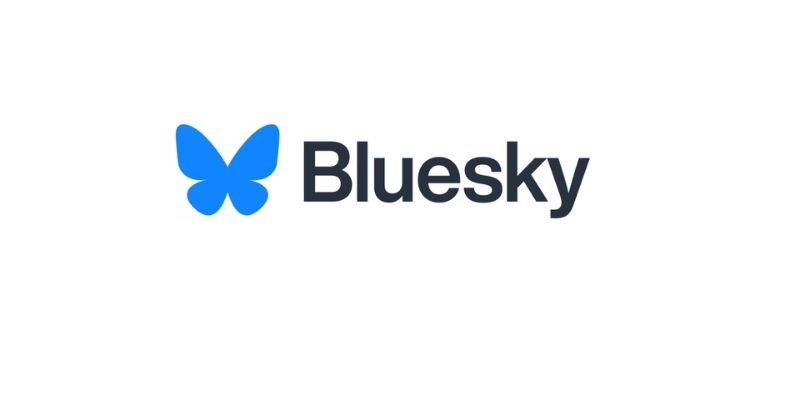
What's Bluesky?
Decentralized social networking service Bluesky empowers individuals online. Twitter and Facebook are owned by the same business, while Bluesky utilizes AT. This open-source solution lets users manage their own data and machines. Like Twitter, it enables users to send brief messages, follow others, and communicate without control.
After leaving Twitter as CEO in 2021, Jack Dorsey founded the site alongside engineers and journalists. Bluesky might aid social media firms with privacy, filtering, and centralized control, Dorsey believed. Bluesky users may form groups, manage machines, and set content policies. Controlling the network becomes tougher for one party. In contrast, centralized platform business models control technology, data, algorithms, and user experience.
The 2024 launch of Bluesky attracted millions of individuals seeking an alternative to social media. People view it as social media's future since it frees up online interactions. Bluesky is young, but its development and fresh concepts bode well for digital communication and open networks.
How Decentralization Benefits You
Bluesky's notion is built on autonomy, which is becoming increasingly popular as individuals worry about social media firms' control. Big firms own Twitter, Facebook, and Instagram; thus, they control all data and content. Users seldom know how their data is sold or utilized, and they have little control over the algorithms that choose their postings.
Bluesky is decentralized; therefore, no one controls it. The platform runs on a set of computers operated by individuals or organizations. The decentralized system provides customers greater authority since they choose where and how to keep their data. Users may view and edit the platform's code, increasing transparency.
Decentralization is crucial for social media monitoring and restriction. Unified site administrators decide what to retain and what to remove. Some say this centralized control is prejudiced and unfair, particularly in politically charged regions. However, Bluesky's autonomous mechanism allows community-moderated material. Users may pick sites depending on their tastes, and each group can set posting guidelines.
Decentralization reduces the risk of personal data theft or unauthorized access to Bluesky. Users own their data and may share or hide it. Normal social networking sites offer user data to marketers or target certain demographics with adverts to earn money.
User Privacy and Control at Bluesky
Bluesky's finest qualities are user privacy and power. As data privacy concerns develop, more consumers are seeking alternatives to platforms that exploit their data. Bluesky solves these issues by offering consumers complete data control. Bluesky lets people select how their data is used, unlike centralized systems that store and sell it.
Hosting your own computer is a key Bluesky private feature. Users may save their own data. Hosting a website lets users create and manage groups. Bluesky's community-driven servers let anyone join depending on their interests or principles without running their own. Because of this, internet users may modify their habits, unlike on regulated platforms.
Bluesky operates computers and lets people choose or create post content algorithms. Twitter and Facebook utilize algorithms to promote startling or controversial material to increase engagement. These algorithms reward content with the most likes or clicks, regardless of quality or relevance. However, Bluesky lets users choose material. People may customize news, entertainment, and education streams to their interests, making the experience more exciting.
Bluesky's safety-focused design is open. Bluesky's open approach allows people to view algorithms and content management, unlike Twitter and Facebook. Since the tool code is open source, anybody may edit and improve it. Honesty builds trust and holds companies responsible to their communities.
AT Protocol: Social Media Game-Changer
Bluesky's autonomy relies on the AT Protocol, a novel open-source social media sharing protocol. Content and data may be easily transferred between systems using the AT Protocol. They may engage without being linked to a site or organization. It helps users and communities collaborate and communicate, making it essential to an open network.
AT Protocol lets Bluesky run Apps. Apps may contain content discovery, payment, and custom features to improve the app. As it improves, Bluesky might become a social network instead of a chat platform.
Power is a major feature of the AT Protocol. AT Protocol enables users to establish and govern their own communities, unlike other social media platforms with tight content management requirements. Communities may regulate data storage, privacy, and content filtering. This lets users manage their online life. Centralized systems are where management chooses content and user data cannot customize this much.
The AT Protocol boosts social media creativity. Bluesky grows as consumers use it by letting developers create bespoke Apps and services. Bluesky keeps relevant in a shifting digital industry by being open to new ideas. It changed social media and decentralized the internet this way.
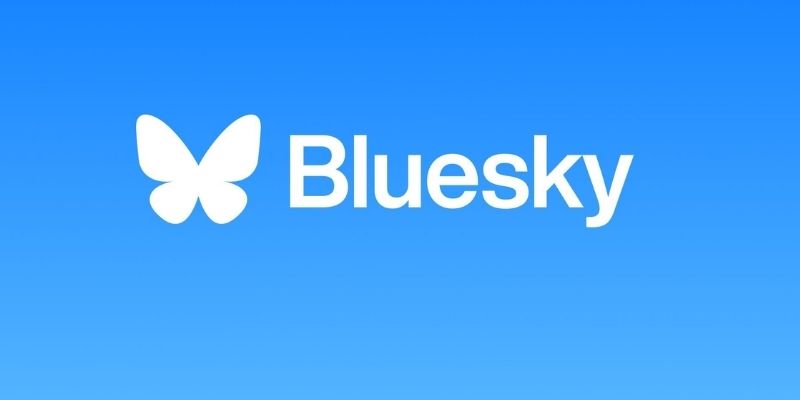
Comparing Bluesky with Twitter Features
Basic functions are comparable across Bluesky and Twitter. Both platforms allow brief notes, following, and talking. Each site has different frameworks, information management, and user empowerment.
Decentralized Bluesky and Twitter vary. Elon Musk owns Twitter. Twitter controls user data, content regulation, and feed algorithms. Bluesky's independent network means no one manages the site. Users may pick their own content algorithms and computers, increasing openness, freedom, and free expression.
Sites filter material differently. Twitter managers censor material for safety and etiquette. However, this uniform approach has been accused of prejudice, censorship, and inconsistent rule enforcement. However, the community moderates Bluesky. Users choose which servers to join and obey their rules. Moderation becomes more personal and provides individuals control over what they see.
Bluesky is new, yet Twitter is popular. Growth is excellent, and Twitter users who dislike organized power prefer its looseness. Bluesky may equal Twitter in user engagement and influence as it expands.
Conclusion:
he courageous and unique social media platform Bluesky offers an alternative to centralized digital paradigms. Bluesky's privacy, control, and openness may revolutionize online speech. Decentralized networks provide consumers greater control over their data, content, and online groups, which increases privacy.
Bluesky is young, but its rapid development and devotion to freedom might upset social media. How successfully it grows, attracts famous individuals, and sticks to its beliefs will determine its success. Bluesky might become a big social media player by delivering an open, democratic, and user-driven alternative to Twitter and Facebook if it can overcome these issues. Decentralized platforms like Bluesky that prioritize user freedom, privacy, and power above profit and central authority may be the future of social media.
Advertisement
Related Articles

Which Is Better for Your Team in 2025: Asana or Monday?

How Can You Transfer Data from Samsung to iPhone Easily?

8 Best MOV Recording Software for Windows Users

How to Combine Video Files Using VLC Media Player

JetBrains to Retire Aqua IDE Due to Low User Adoption and Feedback

Top 3 Google Tools for Better Communication

7 Key Differences Between Bitwarden and LastPass That Matter in 2025
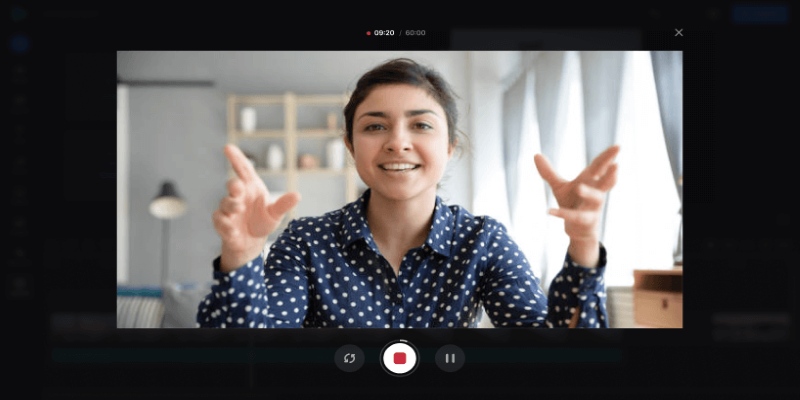
Best Online Tools to Record Webcam Videos Easily

Best 360 Video Player - Play 360-Degree Videos with Ease

7 Key Questions to Decide Between Evernote and Google Keep in 2025
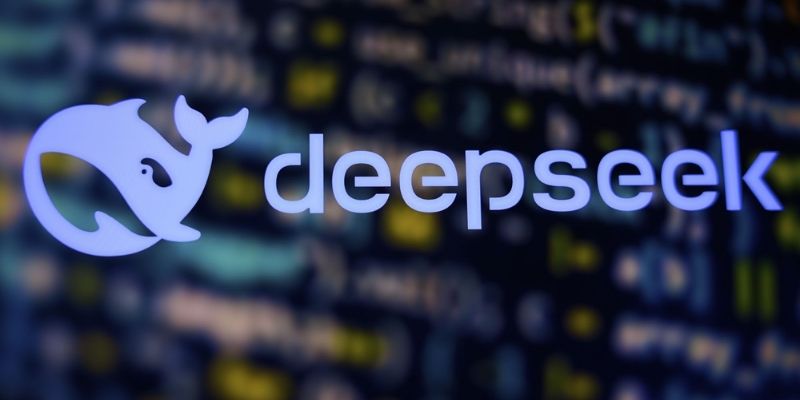
What Is DeepSeek and Why Should You Care?
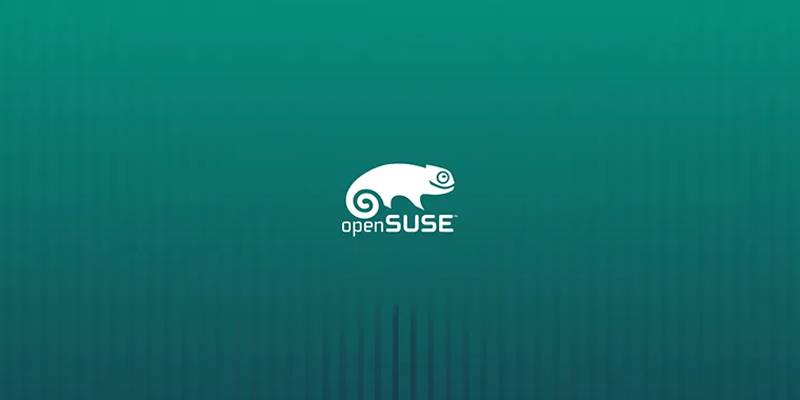
 novityinfo
novityinfo